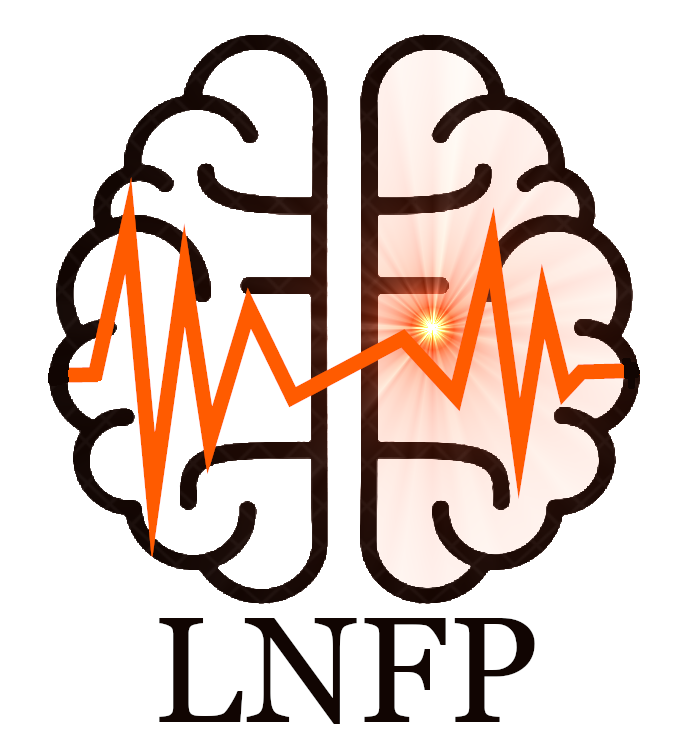Association of caffeine consumption with cerebrospinal fluid biomarkers in mild cognitive impairment and Alzheimer's disease: A BALTAZAR cohort study
Résumé
INTRODUCTION We investigated the link between habitual caffeine intake with memory impairments and cerebrospinal fluid (CSF) biomarkers in mild cognitive impairment (MCI) and Alzheimer's disease (AD) patients. METHODS MCI ( N = 147) and AD ( N = 116) patients of the Biomarker of AmyLoid pepTide and AlZheimer's diseAse Risk (BALTAZAR) cohort reported their caffeine intake at inclusion using a dedicated survey. Associations of caffeine consumption with memory impairments and CSF biomarkers (tau, p‐tau181, amyloid beta 1‐42 [Aβ 1‐42 ], Aβ 1‐40 ) were analyzed using logistic and analysis of covariance models. RESULTS Adjusted on Apolipoprotein E ( APOE ε4), age, sex, education level, and tobacco, lower caffeine consumption was associated with higher risk to be amnestic (OR: 2.49 [95% CI: 1.13 to 5.46]; p = 0.023) and lower CSF Aβ 1‐42 ( p = 0.047), Aβ 1‐42 /Aβ 1‐40 ( p = 0.040), and Aβ 1‐42 /p‐tau181 ( p = 0.020) in the whole cohort. DISCUSSION Data support the beneficial effect of caffeine consumption to memory impairments and CSF amyloid markers in MCI and AD patients. Highlights We studied the impact of caffeine consumption in the BALTAZAR cohort. Low caffeine intake is associated with higher risk of being amnestic in MCI/AD patients. Caffeine intake is associated with CSF biomarkers in AD patients.
Domaines
Neurosciences
Fichier principal
 Alzheimer s Dementia - 2024 - Blum - Association of caffeine consumption with cerebrospinal fluid biomarkers in mild.pdf (261.12 Ko)
Télécharger le fichier
Alzheimer s Dementia - 2024 - Blum - Association of caffeine consumption with cerebrospinal fluid biomarkers in mild.pdf (261.12 Ko)
Télécharger le fichier
| Origine | Publication financée par une institution |
|---|---|
| licence |



